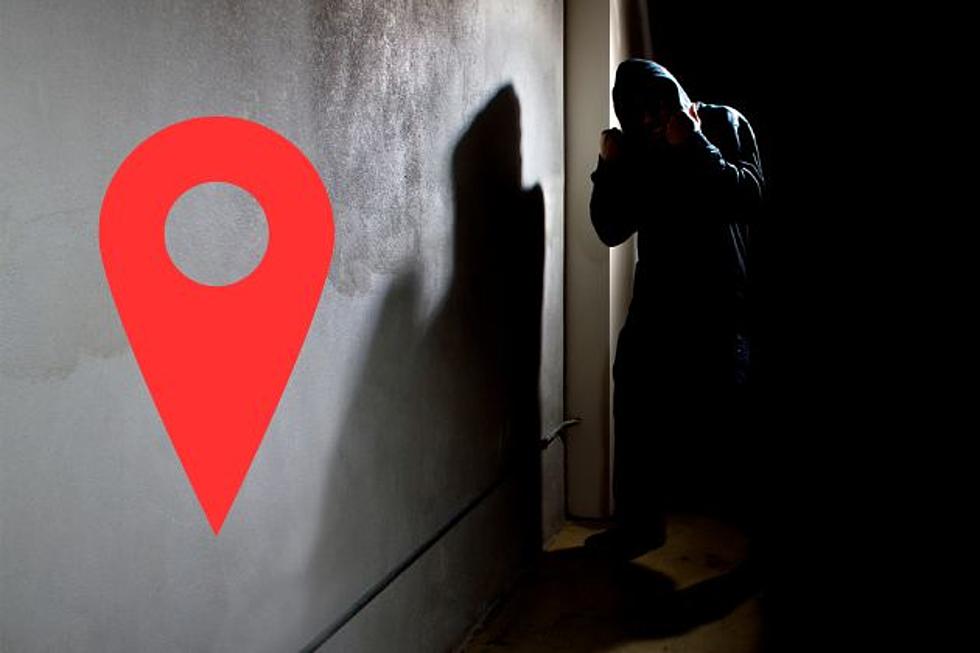
Ankle bracelets on more offenders? NJ considers new program
New Jersey could expand the pool of alleged and convicted offenders who have to wear an ankle bracelet.
A bill under consideration in the New Jersey Statehouse would create a program that has the court decide whether electronic monitoring should be activated for people charged or convicted in cases involving sexual assault, domestic violence, human trafficking, and kidnapping.
"It's not something that's mandated by the court — the victim would have to consent to have it done," said Assemblyman Sterley Stanley, D-Middlesex, a primary sponsor of the measure.
Amendments to Stanley's bill were up for discussion during a June 15 hearing of the Assembly Judiciary Committee. Among the changes: adding human trafficking to the list of eligible offenses, and reducing the state's appropriation for the program from $50 million to $15 million.
With restraining orders, victims of certain crimes aren't fully at peace, Stanley suggested. It's a "he-said, she-said" scenario when a victim tells police that their victim violated an order, he said.
With electronic monitoring, Stanley said, a third-party vendor will immediately be able to tell when the two parties are close to one another, and the victim would be notified and asked whether they want to get police involved.
"This is a victim safety bill, not a criminal apprehension bill," Stanley said.
The proposal has sparked concerns among certain groups, including the New Jersey Coalition to End Domestic Violence.
Nicole Morella, NJCEDV's director of policy and education, said expanded electronic monitoring "could perpetuate racial bias in the criminal justice system."
"We are requesting that a racial impact analysis be done on this legislation," Morella told lawmakers.
Morella also criticized monetary penalties proposed in the bill — that money, she said, is money that will no longer be available to the victim or for the defendant to access mandated fee-based services.
The bill allows the court to waive payment of fees and/or penalties in cases of extreme financial hardship.
Sterley's bill was introduced a February. A Senate version was introduced in June.
Report a correction 👈 | 👉 Contact our newsroom



